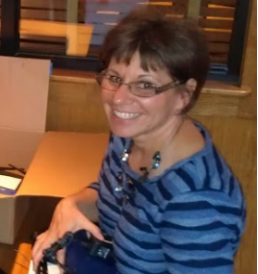All 7 elected Community Council member terms expire next month, we are going to have an election to restaff in a few weeks where all Ubuntu Members will be eligible to vote.
We will announce the details of the election soon. What we want from you now is nominations!
If you know somebody in the Ubuntu community, who
- has been an Ubuntu member for a while
- is dedicated to the project
- is well-respected and known for balanced views and good leadership
- has a good overview over various aspects of the project
- is organized and has some organization talent
(or you know that this all applies to you), please send an email to the Community Council (community-council at lists.ubuntu.com) with the subject “[CC Nomination]” by Tuesday, October 8th, 16:00 UTC. If you are nominating someone else, please confirm that the person is willing to stand for election and make note of this in the nomination email.
FAQ
What is the Community Council?
Taken from the ubuntu.com governance page: The social structures and community processes of Ubuntu are supervised by the Ubuntu Community Council.
The Community Council and the Technical Board are the two major governing bodies of the Ubuntu project.
What are the responsibilities of the Community Council?
The Community Council is responsible for any changes to documents like the Code of Conduct, are the highest level of arbitration for community disputes, making sure the other boards within the project are properly staffed and running and doing what it can to make sure the Ubuntu community in general is healthy and communication is effective between teams and organizations.
What is the time commitment?
The Community Council has two meetings per month which members are expected to make as often as they can. We also have internal check-in meetings via Google Hangout two times per month to check in on our todo list and discuss general community health. Much of our work is done on the mailing list which may have 5-20 threads per month that require input from council members. Frequently work items come from these threads, whether it be review and improvement of community documents, dispute resolution or review and restaffing of the other boards within the project. It’s hard to put a number on time, it really depends on the threads (some require more discussion and input than others, some months are busier) and your own workflow.
Please feel free to email the Community Council at community-council at lists.ubuntu.com or reach out to any of the current sitting members if you have any questions about the Community Council or this process.
Thanks everyone,
Elizabeth Krumbach Joseph (on behalf of the Community Council)
Originally posted to the community-announce mailing list on Thu Sep 19 18:38:39 UTC 2013 by Elizabeth Krumbach Joseph
